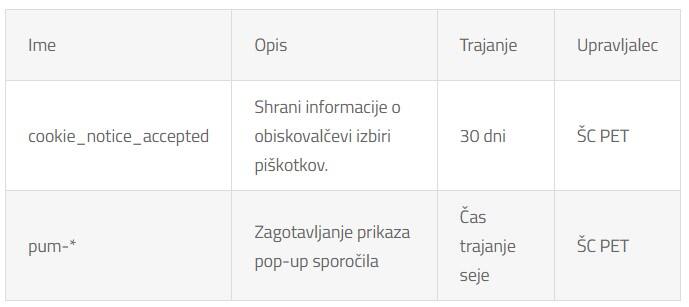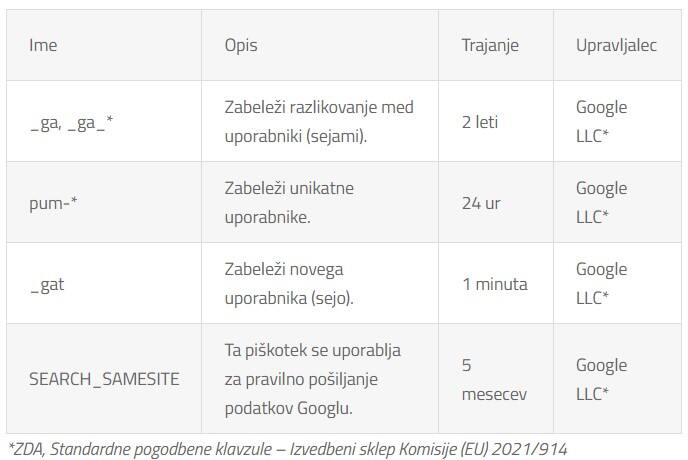Programme – Economics (EKO)
1. Name of qualification: ECONOMIST (Abbreviation: ekon)
The syllabus enables students to acquire:
a.) Generic competences:
- Moral and ethical sense of integrity, accuracy and responsibility at work
- Abilities of leadership, planning, organization, and control of business processes,
- Knowledge of a foreign language for international business and ability to follow new developments abroad,
- Confidence at decision-taking in different areas of business,
- Assuring quality at work, encouraging knowledge transfer, responsible for self-learning based on one’s own weaknesses and strengths, and life-long learning,
- Managing information efficiently, and able to integrate information skills with business functions,
- Able to work in a team, and communicate efficiently with co-workers and business partners.
b.) Job-specific competences:
- Ability of conceptual reflection; ability to use applications and data bases at work with clients; ability of finding and implementing business solutions in economic business,
- Ability to understand the methodology; keeping track of the market and competition,
- Knowledge to analize statistical data for the needs of the market, economical business management, and marketing services, business processes; abilities to recognize and define phenomena of economic politics and situations, and circumstances of international business,
- Skills to organize, prepare and manage logistic processes, development strategy of the company,
- Understanding legislation and regulations, documentation and procedures in the area of economics,
- Ability to apply theory into praxis in different fields od economic business,
- Ability to make business by use of modern information communication technologies, basic mathematical and statistical methods, up-to-date methods, techniques and principles of organization and integral system of management,
- Basic knowledge of financial business, of marketing management and elements of online marketing, basic demands of ecology, ergonomy and safety at work
Ability to work independently in development and operational management of small and medium-size enterprises, introducing and performing intrapreneurship, designing and implementing development plans, business planning, real estate business…
2. Syllabus
| 1st year MODULES/SUBJECTS/COMPONENTS | Mandatory /elective/ | Number of contact hours | ECTS /credits/ |
| M 1 – COMMUNICATION | Mandatory | 156 | |
| Business foreighn language | 78 | 6 | |
| Business communication | 78 | 6 | |
| Pracitical training | (110) | 4 | |
| M 2 – ANALYSIS | Mandatory | 156 | |
| Informatiion science | 72 | 5 | |
| Business mathematics with statistics | 84 | 6 | |
| Pracitical training | (80) | 3 | |
| M 3 – MANAGEMENT | Mandatory | 210 | |
| Company organization and management | 72 | 6 | |
| Economics | 60 | 5 | |
| Business finance basics | 78 | 6 | |
| Practical training | (150) | 5 | |
| M 4 – MARKETING | Mandatory | 78 | |
| Marketing | 78 | 6 | |
| Practical training | (60) | 2 | |
| Practical training (PRI – 1) | 400 | ||
| M (1 – 4) – Total | 1000 | 60 | |
| 2nd year MODULES/SUBJECTS/COMPONENTS | |||
| M5 – LAW | Mandatory | 84 | |
| Bussines law | 84 | 6 | |
| Practical training | (60) | 2 | |
| M6 – FINANCIAL MARKETS AND FINANCIAL ACCOUNTING Financial markets Banking Financial accounting Practical training | Elective 1 | 186 72 54 60 (100) | 5 4 4 3 |
| M7 – POSTAL TRAFFIC Tehnoloy of postal processes Organization of postal activity
| We no longer perform | / | / |
| M8 – POSTAL TRAFFIC Domestic postal traffic International postal traffic | We no longer perform | / | / |
| M9 – BANKING Introd. to financial markets and institutions Basi cof banking operations Practical training | Elective 2 | 186 102 84 (180) | 7 6 6 |
| M10 – INSURANCE Basi of insurance operations Practical training | Elective 3 | 78 78 (60) | 6 2 |
| M11 – INSURANCE BASEC 1 Property insurance Personal insurance Practical insurance | Elective 4 | 120 60 60 (120) | 4 4 4 |
| M12 – INSURANCE BASIC 2 Insurance economics Basic actuarian mathematicsPractical training | Elective 5 | 174 102 72 (100) | 7 5 3 |
| M13 – QUALITY Identification and assurance quality | Elective 6 | 72 72 (60) | 5 2 |
| M14 – TRANSPORT LOGISTICS Transport management | Elective 7 | 186 72 54 60 (150) | 5 4 4 5 |
| M15 – BUSINESS LOGISTICS Business logistics Practical training | Elective 8 | 72 72 (90) | 53 |
| M16 – LOGISTICS MANAGEMENT Supply chains design and documentationStocs management Practical Training | Elective 9 | 186 60 54 72 (150) | 4 4 5 5 |
| Free elective subject | Elective | (72) | 5 |
| Practical traininig (PRI – 2) BUSINESS LOGISTIC INSURANCE BANKING POSTAL TRAFFIC / | Mandatory | 400 | / |
| Diploma Thesis | Mandatory | / | 5 |
| TOTAL | 1000 | 60 |
In the second year students can choose one of the following courses of study:
BUSINES LOGISTICS: M5, M14, M15 and M16 (within 42 credits)
INSURANCE: M5, M10, M11, M12 and M13 (within 42 credits)
BNAKING: M5, M6, M9 and M13 (within 42 credits)
3. Enrolment requirements
It is possible to enrol if you have successfully passed:
General Matura Examination, Vocational Matura Examination, (or Final Exam, or a Diploma before year 2002), grammar school or any other programme to have acquired secondary level of education.
If you have obtained a Master Qualification Exam, or a Managerial Exam, or a Superintendent Exam, and you have three years of work experience, after passing the test in Slovene, a foreign language and maths within the range prescribed for the Matura examination.
4. Enrolment restrictions
If the number of candidates who apply exceeds the number of enrolment places, the College, in agreement with the Minister of Education, will make a decision about enrolment restrictions; Candidates with completed secondary education will be listed by the number of the acquired points. The following will be taken into consideration:
The grades obtained at the General or Vocational Matura examination, or Final Exam and The grades of performance in the last two years of secondary school.
More detailed information about enrolment, restrictions and selection standards can be found in the Enrolment rules and regulations for vocational colleges issued every January.
5. Progression
REGULAR STUDY
Students can progress into the 2nd year if they have successfully completed all their study obligations, finished practical training, and passed the exams with the minimum scope of 45 credits.
PART-TIME STUDY
Programs to next year is not limited. (course form of study).
6. Repetition of a study year
REGULAR STUDY
Students are allowed to repeat a study year if they have completed practical training and their study obligations of the same year with the minimum score of 20 credits.
PART-TIME STUDY
There is no repetition owing to the specific design of study.
7. Duration of study
REGULAR STUDY– 2 years
PART-TIME STUDY – up to 3 years
COLLEGE RECOMMENDATION
Enrolment is recommended to students who have completed a secondary school of economics, a grammar school, or any other appropriate school programme.
Practical training
REGULAR STUDY and PART-TIME STUDY ( students who are not employed on a regular basis)
Students have to make a contract with a company about their practical training. They can find a suitable company on their own or by assistance of the college.
PART-TIME STUDY (students with regular employment)
Students who are employed and performing work in the area associated with the nature of study, and proving that with a declaration of their employer, can be exempt from practical training. They can show their practical skills by way of products, seminary and project work, presentations from the subjects prescribed by the syllabus.
Students who are regularly employed, but do not work in the area associated with nature of their study, have to do two seminary works from the subject of their choice for the 1st and 2nd year separately, in addition to other study obligations.




